-
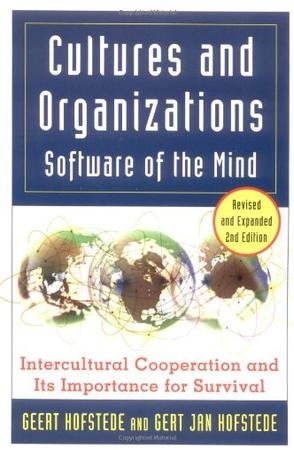
Cultures and Organizations
The landmark study of cultural differences across 70 nations, Cultures and Organizations helps readers look at how they think—and how they fail to think—as members of groups. Based on decades of pains -
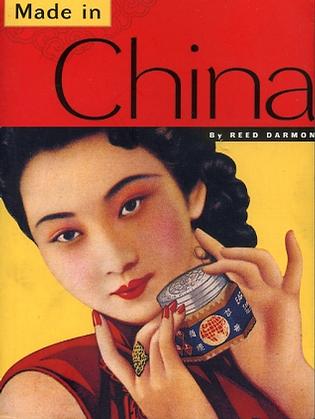
Made in China
Made in China is a fun-filled, action-packed journey into the heart of Chinese pop culture. For Asia-philes, designers, and pop culture junkies, designer Reed Darmon has collected the most colorful (and in some cases, the kookiest) Chinese ephemera in this chunky paperback. Candy wrappers, firecrackers, Chairman Mao heads, and more! These objects are a testament to the age-old Chinese fascination with vivid hues and whimsical figures. Even humdrum, everyday items such as matchbooks and sock labels are decorated with exuberant illustration. A stylishly designed object and graphic essay in one, Made in China is a kaleidoscope of playful graphics and vibrant design, from the post-revolution '50s through today. -
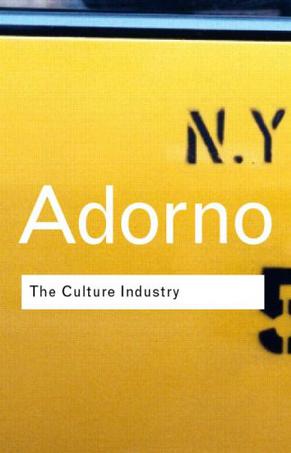
The Culture Industry
The creation of the Frankfurt School of critical theory in the 1920s saw the birth of some of the most exciting and challenging writings of the twentieth century. It is out of this background that the great critic Theodor Adorno emerged. His finest essays are collected here, offering the reader unparalleled insights into Adorno's thoughts on culture. He argued that the culture industry commodified and standardized all art. In turn this suffocated individuality and destroyed critical thinking. At the time, Adorno was accused of everything from overreaction to deranged hysteria by his many detractors. In today's world, where even the least cynical of consumers is aware of the influence of the media, Adorno's work takes on a more immediate significance. The Culture Industry is an unrivalled indictment of the banality of mass culture. -
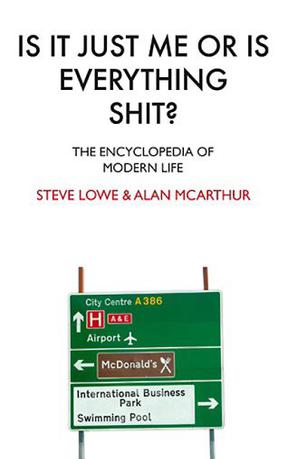
Is it Just Me or is Everything Shit?
If you hate: loft living; bar-clubs; Tony Blair; chick lit; global warming sceptics; Keane; loyalty cards; IKEA; Kabbalah; bling and Richard Curtis...then you need IS IT JUST ME OR IS EVERYTHING SHIT? - an encylopedic attack on modern culture and the standard reference work for everyone who believes everything is shit. Which it is. This book is for the large percentage of the population interested in saying NO to the phoney ideas, cretinous people, useless products and doublespeak that increasingly dominate our lives. This book is designed for everyone who thinks they may have mislaid their soul in a Coffee Republic. Never before has there been a book so completely full of shit. This very funny, well-informed, belligerent rant of a book adds up to an excoriating broadside against consumer capitalism that the authors hope will sell loads of copies. -
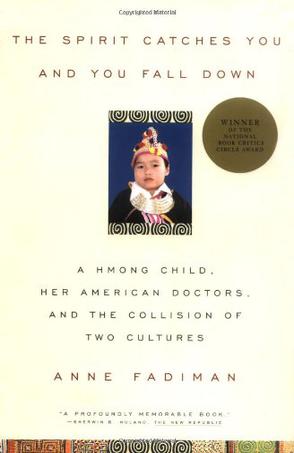
The Spirit Catches You and You Fall down
Winner of the National Book Critics Circle Award for Nonfiction When three-month-old Lia Lee Arrived at the county hospital emergency room in Merced, California, a chain of events was set in motion from which neither she nor her parents nor her doctors would ever recover. Lia's parents, Foua and Nao Kao, were part of a large Hmong community in Merced, refugees from the CIA-run "Quiet War" in Laos. The Hmong, traditionally a close-knit and fiercely people, have been less amenable to assimilation than most immigrants, adhering steadfastly to the rituals and beliefs of their ancestors. Lia's pediatricians, Neil Ernst and his wife, Peggy Philip, cleaved just as strongly to another tradition: that of Western medicine. When Lia Lee Entered the American medical system, diagnosed as an epileptic, her story became a tragic case history of cultural miscommunication. Parents and doctors both wanted the best for Lia, but their ideas about the causes of her illness and its treatment could hardly have been more different. The Hmong see illness aand healing as spiritual matters linked to virtually everything in the universe, while medical community marks a division between body and soul, and concerns itself almost exclusively with the former. Lia's doctors ascribed her seizures to the misfiring of her cerebral neurons; her parents called her illness, qaug dab peg --the spirit catches you and you fall down--and ascribed it to the wandering of her soul. The doctors prescribed anticonvulsants; her parents preferred animal sacrifices. -
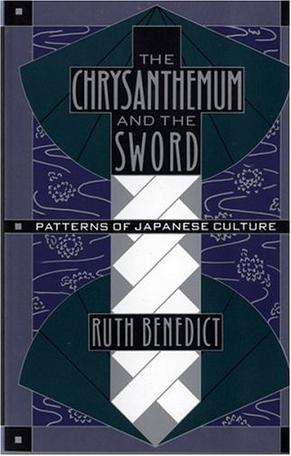
The Chrysanthemum and the Sword